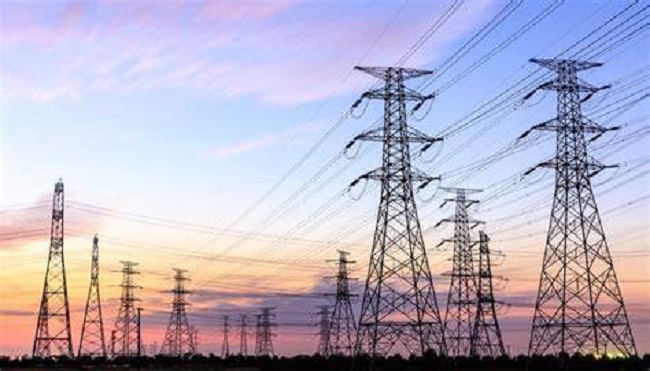The Federal Government of Nigeria on Thursday, February 27, 2025, unveiled the National Integrated Electricity Policy (NIEP) and Integrated Resources Plan (NIRP) to accelerate energy transition goals.

The documents were put in place by the Ministry of Power in partnership with UK Foreign, Commonwealth and Development Office (FCDO) and the UK Nigeria Infrastructure Advisory Facility (UKNIAF).
Speaking at the Public Presentation and the unveiling of the NIEP and NIRP in Abuja, the Minister of Power, Mr Adebayo Adelabu, said that the NIEP would serve as the guiding framework for Nigeria’s power sector.
Adelabu said that NIEP would also ensure that the country’s journey towards universal electrification was evidence-based, pragmatic, and aligned with its energy transition goals.
“Today’s occasion is a testament to our unwavering commitment to shaping a power sector that is inclusive, sustainable, and driven by strategic planning.
“Complementing this is the Integrated Resource Plan (IRP), a strategic roadmap that prioritises least-cost electrification and an optimised energy resource utilisation.
“Collectively, the NIEP and the IRP present a unique opportunity to drive the transformation of Nigeria’s power sector through a data-driven and evidence-based approach,” he said.
Adelabu said that beyond strengthening the sector, the NIEP and the IRP frameworks had far-reaching economic implications directly impacting supply reliability to small and medium-sized enterprises (SMEs) as well as large industries, reducing operational disruptions caused by power shortages.
He said that the frameworks would foster economic growth and job creation, and accelerate local and regional development.
“This reinforces our commitment to delivering a more reliable, sustainable, and inclusive energy future for all Nigerians.
“This aligns seamlessly with the Renewed Hope Agenda of President Bola Tinubu which recognises that energy is not merely a commodity but the backbone of economic growth and job creation,” he said.
Adelabu said that as a result of the president’s unwavering support and commitment to advancing the development of the power sector it achieved a lot of milestones in 2024.
The minister listed the milestones to include the development of the National Integrated Electricity leveraged on more than one billion dollars investment in the power sector.
“Others are the commencement of the process of transitioning the sector to full commercialisation, achieving an average of about 5, 300 Megawatts (MW) from 4, 200MW recorded in 2023 among others,” he said.
According to him, the opportunities within the country’s power sector are vast, spanning from closing transmission and distribution gaps to developing hydropower and integrating large-scale renewables into the grid.
“We recognise the critical role of private capital, innovation, and expertise in transforming our electricity landscape, and we are committed to fostering an enabling environment for sustainable investment.
“I would like to extend my gratitude to the UK Foreign, Commonwealth and Development Office (FCDO) and the UK Nigeria Infrastructure Advisory Facility (UKNIAF) and other development partners for their valuable support in this journey.
“Your partnership has been instrumental in helping us develop the robust policy and planning frameworks that will shape the future of Nigeria’s energy landscape,” he said.
Ms. Sally Woolhouse, Head of Economic Development, Foreign Commonwealth and Development Office, Nigeria, said that the UK and Nigeria enjoyed a long-standing relationship.
Woolhouse said that the UK would continue supporting first class infrastructure development in Nigeria that would lead to sustainable economic growth as this would build mutually beneficial strategic partnerships for both countries.
“Today’s event demonstrates the commitment of the UK and Nigerian governments to addressing Nigeria’s energy sector challenges.
“On policy, it demonstrates Nigeria’s commitment to tech-driven, evidence-based, and sustainable energy planning for the country within a context of policy certainty,” she said.
By Constance Athekame
